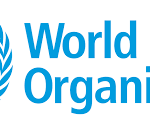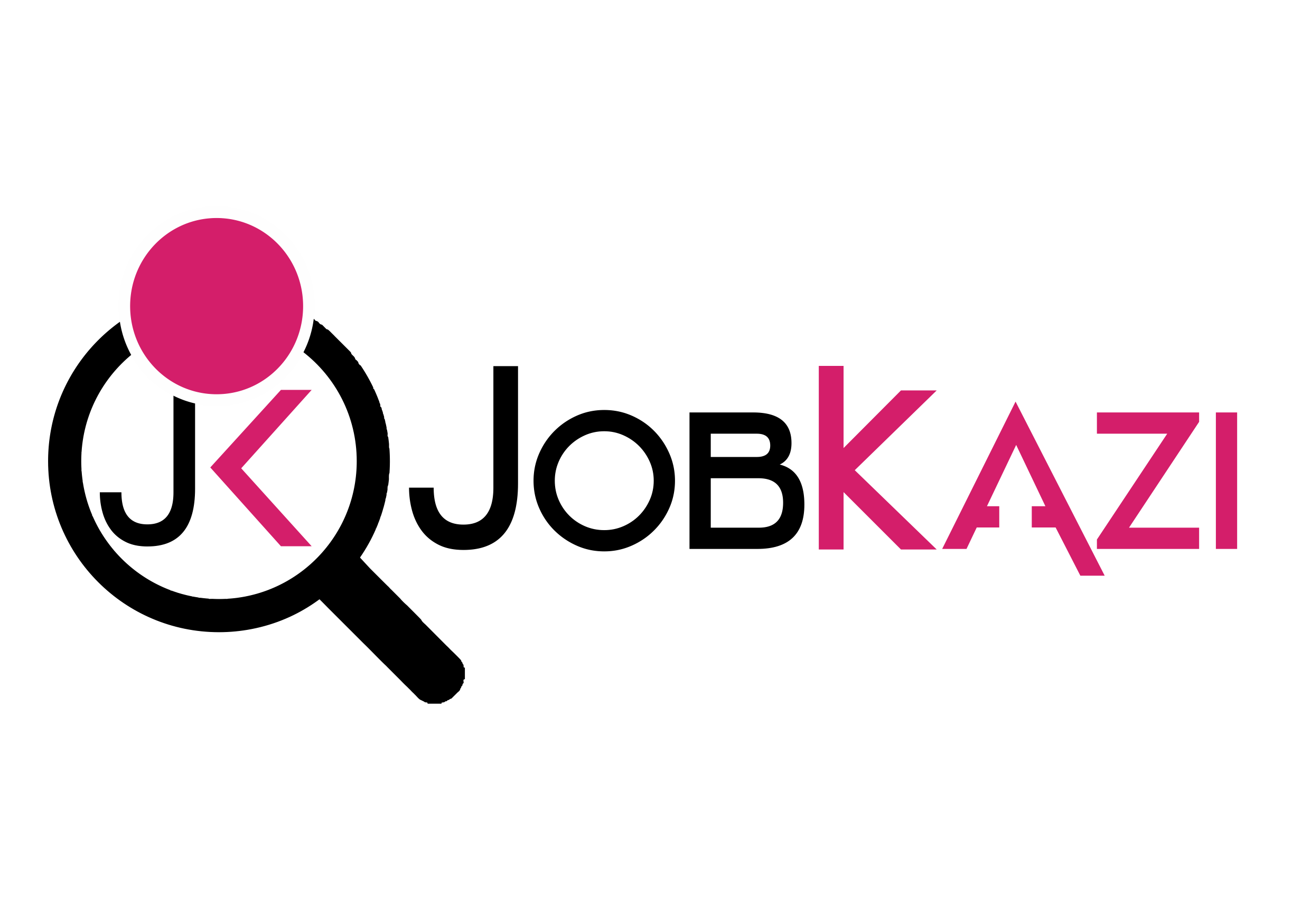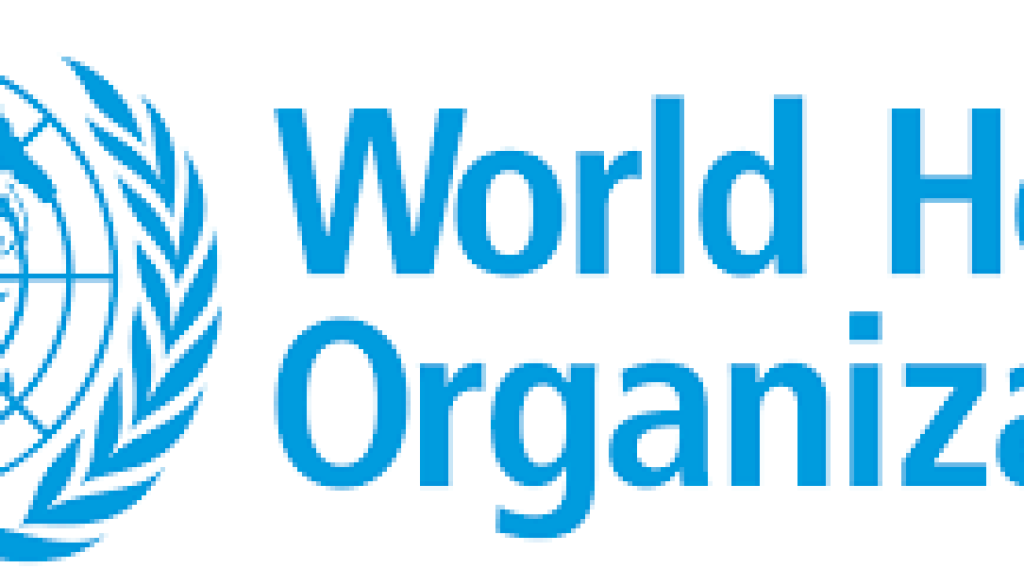National consultant Vacancy-Job Ref: JKBIWHO/2011/2020101

World Health Organization(WHO)
National consultant Vacancy-Job Ref: JKBIWHO/2011/2020101
Bujumbura (Burundi)
JOB DESCRIPTION
. .
QUALIFICATIONS
.
TERMS OF REFERENCE OF THE CONSULTANT RESPONSIBLE FOR EVALUATING THE QUALITY OF NEONATAL AND INFANTO-JUVENILE HEALTH SERVICES
AS PART OF THE ASSESSMENT OF THE QUALITY OF MATERNAL REPRODUCTIVE MATERNAL NEONATAL INFANT AND ADOLESCENT HEALTH CARE IN BURUNDI
OCTOBER-NOVEMBER 2021
1. BACKGROUND
Maternal, child, adolescent and youth health remains a constant priority nationally and internationally. To address this issue, the Sustainable Development Goals (SDGs) pay particular attention to reducing maternal mortality, and eliminating preventable deaths of newborns and children from 0 to 59 months.
Despite the efforts made, and the reduction in infant and child mortality, the situation of child mother and child health remains worrying with neonatal mortality (23 deaths per thousand live births); infant and juvenile mortality (78 deaths per 1,000 live births) and maternal mortality, the ratio of which is estimated at 334 deaths per 100,000 live births despite the fact that more than 86% of deliveries have been carried out in a hospital environment (SR 2020 report). Concerning the CPN4, approximately one in three women completes her 4 consultations, ie a coverage of less than 50% set by the SRMNIA biennial plan.
Burundi is committed to developing policies and strategies in order to achieve the objectives set in the framework of the SRMNIA 2019-2023 strategic plan.
Interventions with a high impact on maternal, newborn and child mortality are implemented, but if the services offered are not of adequate quality, it will be difficult to achieve the expected health objectives. The insufficient quality of services was noted in all the situational analyzes and at all levels of the pyramid.
In 2012, WHO developed an integrated tool to assess the quality of care provided to mothers, newborns and children in hospitals and referral centers. This tool refers to the standards set by WHO for maternal and child care and has been used in several countries. There is also a primary level IMCI assessment tool.
Thus, the Ministry of Public Health and the Fight against AIDS, through the National Reproductive Health Program with the financial and technical support of the WHO, proposes to conduct an assessment of the quality of child health services. juvenile by integrating and adapting the tool at the secondary level (District Hospitals), primary (health center).
A workshop to adapt the assessment tools on the quality of referral services, primary structures and at the community level was held, the testing of these tools and validation are underway in collaboration with the chair of pediatrics and the National Quality program.
To this end, the PNSR in collaboration with the WHO Country Office, is counting on the support of a local expert specializing in newborn and child health to properly carry out this assessment on the quality of services at all levels. levels of care provision (hospital, health center, health post).
The general objective of the evaluation is to have factual data making it possible to better guide decisions for appropriate corrective actions with a view to improving the quality of infant and juvenile health care at all levels of the health pyramid.
1. JOB TITLE : Consultant for the assessment of the quality of
child and child health services A local expert consultant in newborn, child and adolescent health responsible for coordinating the assessment with an expert consultant in newborn and child health and an expert in epidemiology
2. OBJECTIVES
General objective
Evaluate the quality of newborn and child health services at the level of identified health facilities (public and private)
Specific objectives
1. Carry out a survey to assess the quality of services according to WHO recommended criteria and newborn and child survival policies, standards and protocols
2. Ensure thorough analysis of assessment results
3. Identify barriers and success factors
4. Make recommendations with a follow-up plan for recommendations
5. Develop a final evaluation report
6. Coordinate with the gynecology expert and the data manager
3. EXPECTED RESULTS
1. a survey for the collection of data for the evaluation of the quality of services according to the criteria recommended by the WHO and the policies, standards and protocols in MNCH is carried out
2. An in-depth analysis of the results of the The evaluation is made
3. Obstacles and success factors are identified
4. Recommendations with a follow-up plan for recommendations are proposed to improve the quality of MNCH services
5. A final report of the evaluation is submitted
6. Coordination with the expert in obstetric gynecology and the data manager, the PNSR and the provinces and health districts is made for a good conduct of the assessment.
4. METHODOLOGY
The SRMNIA technical committee, supported by the consultants, will adapt and validate the evaluation tools. The tool will be adapted into a questionnaire and entered on the tablet will be carried out with the support of the consultants, who will conduct the field survey (Public Health and Private Establishment), the use of data by sharing with the committee technical and reporting regularly to the Director of PNSR and WHO. The consultants are also responsible for supporting the organization of progress sharing and validation workshops. At the end of the study a final report will be drawn up by the consultants and shared.
Stages of the study (data management and analysis part)
– Validation of the assessment tool
– Adaptation of the tool into an electronic questionnaire / Digitization of the tool on a tablet
– Field survey after sampling (collection of data on site)
– Data quality control and clearance
– Data processing
– Pre-coding, Recoding and interpretation of qualitative data according to thematic analysis: exploitation of the units of meaning of responses to open questions
– Development of statistical tables and specific analyzes requested according to the needs of the study
– Sharing with the draft committee of the results
– Restitution of the final results
– Preparation and submission of the final report and recommendations
5. Missions and Products expected from Consultants
The expert consultant in child health in collaboration with the expert consultant in gynecology and the data manager are responsible for:
1. The evaluation of the quality of services according to the criteria recommended by the ‘WHO and Child Survival Policy Standards and Protocol
2. Support for in-depth analysis of assessment results
3. Identification of obstacles and success factors
4. Formulation of recommendations with a plan follow-up on recommendations
5. Development of a final evaluation report
6. Profile of the Consultant:
Interested candidates must meet the following criteria:
Qualification required:
– Hold at least a medical degree, specializing in pediatrics, neonatology, a master’s degree in public health is an asset.
Skills the consultant (s) must have:
– proven experience in the following areas: child health, health research, organization and evaluation of health programs;
– good knowledge of the national health system;
– proven experience of more than 15 years in the development and evaluation of policies and strategies in neonatal, child and juvenile health
– expertise in mastering programs for children’s health
– good oral and written communication skills with experience in report writing;
– a good capacity for teamwork;
– an interest or experience in matters relating to pediatrics will be an asset;
– a capacity for analysis, conceptualization and recommendations of synthesis and drafting with respect to strict deadlines;
– a mastery of computer tools (Word, Excel and power point).
7. Recruitment procedures
Direct manager: The consultant will work under the authority of the Director of the PNSR supported by the WHO Focal Point and the SRMNIA technical committee.
The Consultant will be recruited by a selection committee set up by WHO according to its rules and procedures in force with the participation of the PNSR. The Consultant can mobilize a team placed under the responsibility of a team leader, but will be solely responsible for the quality of the results produced.
Submissions: Applicants are requested to submit:
– A technical proposal of approximately 2 to 3 pages maximum specifying the methodology, the team organization and the distribution of roles at the various stages of the project, and the work schedule;
– the detailed curriculum vitae (CV) including references to previous experiences;
– a financial proposal
The final report will be sent by the consultant in physical (10 copies) and electronic version to the Director of the PNSR 15 days after the date of submission of the provisional report.
8. Duration of the contract:
This work will be remunerated on the basis of twenty (20) working days. Payment terms will be specified in the service contract to be signed with the WHO Representation Office in Burundi.
9. Category: level D State
Doctorate in Medicine and 15 years of experience in the field of newborn and child health
Please click on the button below to Apply.

